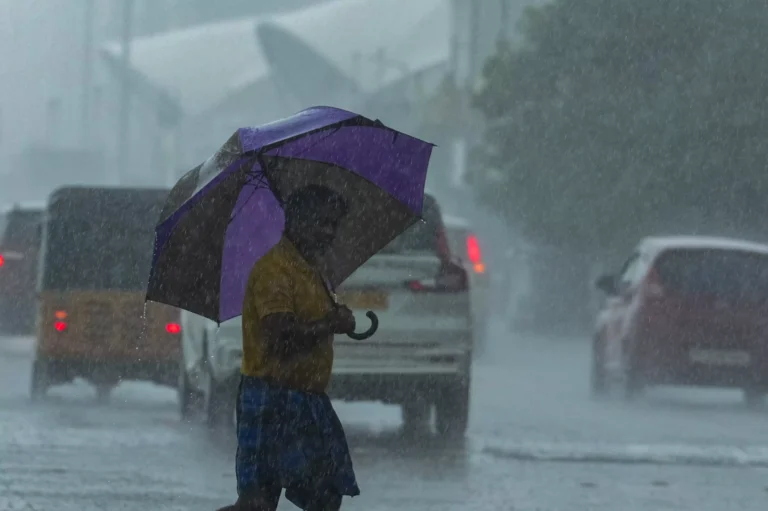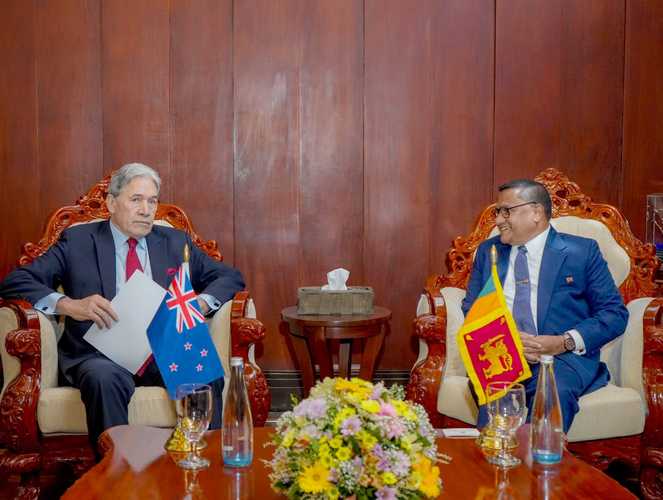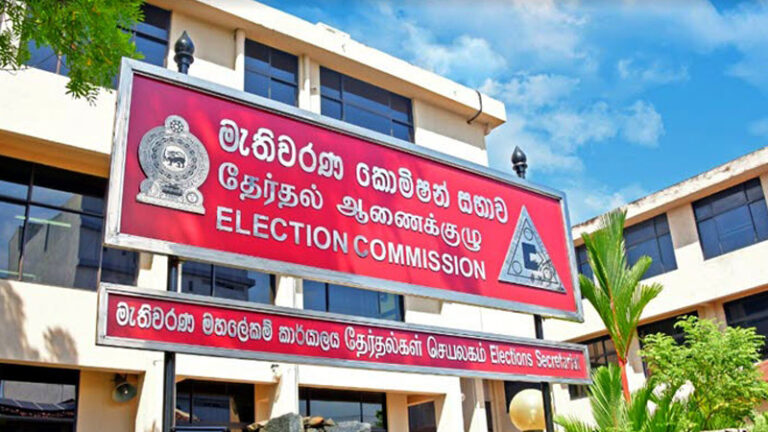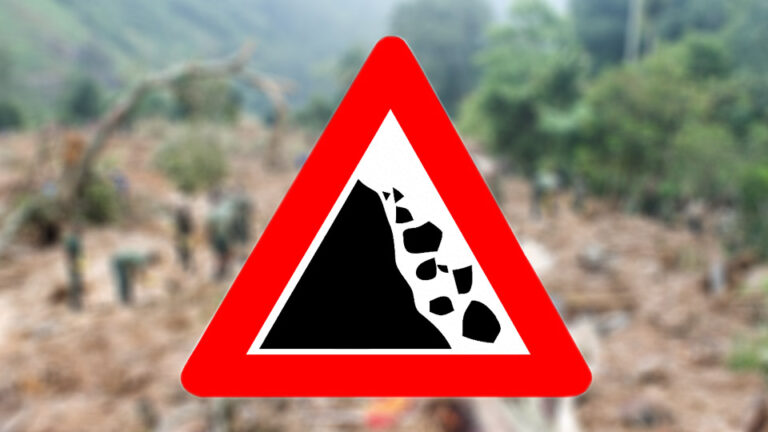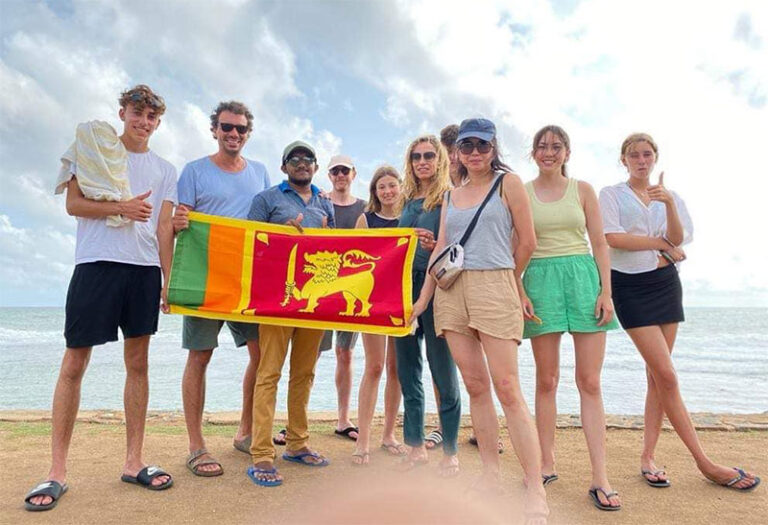May 27, Colombo (LNW): The Sri Lankan government has addressed public and media inquiries regarding the official nature of state involvement in the funeral arrangements for celebrated film icon Malini Fonseka, following recent confusion about the type of honours afforded to her.
Speaking at the weekly Cabinet press briefing, Cabinet Spokesman and Minister Dr Nalinda Jayatissa explained that while the ceremony at Independence Square was held with full state patronage, it did not constitute a “full state funeral” in the formal sense as defined by government protocols.
His remarks were made in response to questions from journalists over the apparent shift from an earlier announcement which suggested that Fonseka would be honoured with full state honours.
Dr Jayatissa clarified that the process of granting state recognition at funerals follows specific guidelines, and such decisions are based on criteria that determine the appropriate level of state involvement.
He noted that state patronage is itself a high form of recognition and, in Fonseka’s case, included the provision of all essential facilities, ceremonial arrangements, and appropriate official support in keeping with her status.
Importantly, the Minister emphasised that the wishes of the late actress’s family played a pivotal role in shaping the final arrangements. “Our approach went beyond strict formalities,” he said, adding that the government engaged directly with Fonseka’s relatives to ensure the proceedings reflected their expectations and desires.
“We believe that what was offered, with their consent, was the highest form of honour possible under the circumstances,” he stated.
Malini Fonseka, affectionately known as the ‘Queen of Sinhala Cinema’, passed away earlier this month, prompting a nationwide outpouring of grief. With a career spanning over five decades, she was an icon in Sri Lanka’s cinematic and theatrical traditions, earning international acclaim and numerous awards.
Amidst the discussions over her final rites, Minister Jayatissa also responded to separate questions raised in Parliament about financial support received from the President’s Fund.
He stated that a disclosure was made regarding disbursements amounting to Rs. 1.22 billion, a portion of which had been allocated to several Members of Parliament. Among the names cited were Keheliya Rambukwella, Rajitha Senaratne, Dinesh Gunawardena, and Dayasiri Jayasekara.
He clarified that his parliamentary statement focused on broader patterns of fund allocation from the President’s Fund, not on any individual grant made to Fonseka herself.
The context of these disclosures, he suggested, was intended to increase transparency around the use of public funds, particularly during periods when national priorities must be carefully managed.



